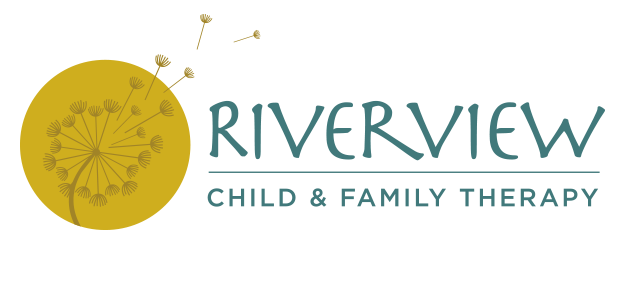Both of my boys on occasion stretch the truth. Sometimes they even flat-out lie. While I find it upsetting, I try to keep it in perspective. Their lying mostly has to do with self-preservation or not wanting to disappoint me or their Dad. In the grand scheme they are being human and it’s better to accept this than to try to prevent them from lying at all.
After recently catching my ten-year old in a lie, I thought long and hard about how to approach it. Logically, if I punished him harshly this would only set him up to lie more in the future. No one really wants to tell the truth if you know that you will be punished severely.
In a study of children and lying, researchers from McGill University found the following:
“Children often lie to conceal transgressions. Having done something wrong or broken a rule, they may choose to lie to try to conceal it. After all, they know they might get in trouble for the transgression. Thus, punishment doesn’t have much of an effect. It doesn’t deter them from using the strategy of lying to get out of trouble.”
click this link for the full article: “Punishing Kids for Lying Only Makes Them Lie More” by Mehera Bonner, December 10, 2014 (time.com)
This article only solidified for me that talking through the lying and discussing the morality of lying is more effective than harsh consequences. This is not to say that I still won’t use consequences, but I will be more mindful in giving my boys the opportunity to share the truth and show them I value and appreciate their honesty above all else.
Of course there comes a point when lying can be a red flag for more serious underlying problems. If you are continually catching your child in a lie or when their behavior becomes increasingly sneaky or suspicious, it may be time to call in reinforcements. Riverview Counseling Services can help you sort out what falls in the normal range of lying, and what falls outside these parameters. Often times it is helpful to have an outside perspective when it comes to evaluating the behavior of our children. By calling Cheryl Denz, MA, LCPC at (630) 587-3777 x103 you can begin the process of developing a structured plan to help improve your child’s behavior. After a free 15 minute consult, a behavior assessment may be the next step.
A behavior assessment consists of three sessions. The first and third sessions are ‘parent only’ while the middle session is for just your child/teen. The framework of these sessions helps Riverview’s behavior therapists gather information, identify triggers of conflict or behavior issues as well as establish trust. The third session consists of an action plan for you to follow and will also help determine if further intervention or support is required. If you have any doubt about your child’s behavior concerning lying or anything else you find troubling, I encourage you to contact Riverview Counseling Services today.
Written by Diana DeVaul, MSW and Parent



